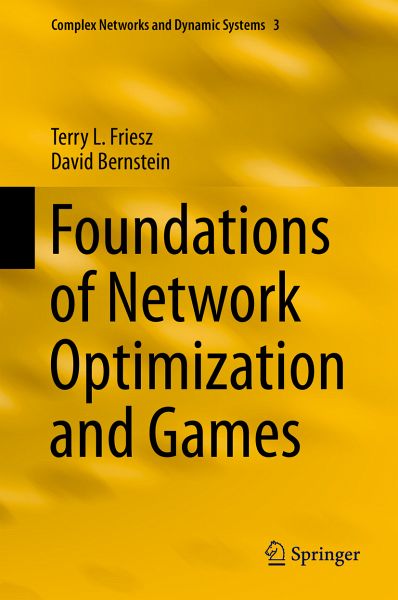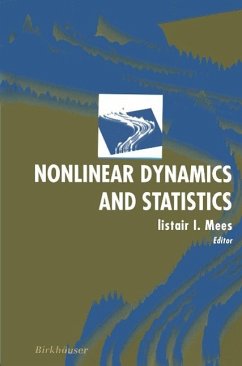
Foundations of Network Optimization and Games (eBook, PDF)
Versandkostenfrei!
Sofort per Download lieferbar
112,95 €
inkl. MwSt.
Weitere Ausgaben:

PAYBACK Punkte
56 °P sammeln!
This is a book about infrastructure networks that are intrinsically nonlinear. The networks considered range from vehicular networks to electric power networks to data networks.The main point of view taken is that of mathematical programming in concert with finite-dimensional variational inequality theory. The principle modeling perspectives are network optimization, the theory of Nash games, and mathematical programming with equilibrium constraints. Computational methods and novel mathematical formulations are emphasized. Among the numerical methods explored are network simplex, gradient proj...
This is a book about infrastructure networks that are intrinsically nonlinear. The networks considered range from vehicular networks to electric power networks to data networks.
The main point of view taken is that of mathematical programming in concert with finite-dimensional variational inequality theory. The principle modeling perspectives are network optimization, the theory of Nash games, and mathematical programming with equilibrium constraints. Computational methods and novel mathematical formulations are emphasized. Among the numerical methods explored are network simplex, gradient projection, fixed-point, gap function, Lagrangian relaxation, Dantzig-Wolfe decomposition, simplicial decomposition, and computational intelligence algorithms.
Many solved example problems are included that range from simple to quite challenging. Theoretical analyses of several models and algorithms, to uncover existence, uniqueness and convergence properties, are undertaken. The bookis meant for use in advanced undergraduate as well as doctoral courses taught in civil engineering, industrial engineering, systems engineering, and operations research degree programs. At the same time, the book should be a useful resource for industrial and university researchers engaged in the mathematical modeling and numerical analyses of infrastructure networks.
The main point of view taken is that of mathematical programming in concert with finite-dimensional variational inequality theory. The principle modeling perspectives are network optimization, the theory of Nash games, and mathematical programming with equilibrium constraints. Computational methods and novel mathematical formulations are emphasized. Among the numerical methods explored are network simplex, gradient projection, fixed-point, gap function, Lagrangian relaxation, Dantzig-Wolfe decomposition, simplicial decomposition, and computational intelligence algorithms.
Many solved example problems are included that range from simple to quite challenging. Theoretical analyses of several models and algorithms, to uncover existence, uniqueness and convergence properties, are undertaken. The bookis meant for use in advanced undergraduate as well as doctoral courses taught in civil engineering, industrial engineering, systems engineering, and operations research degree programs. At the same time, the book should be a useful resource for industrial and university researchers engaged in the mathematical modeling and numerical analyses of infrastructure networks.
Dieser Download kann aus rechtlichen Gründen nur mit Rechnungsadresse in A, B, BG, CY, CZ, D, DK, EW, E, FIN, F, GR, HR, H, IRL, I, LT, L, LR, M, NL, PL, P, R, S, SLO, SK ausgeliefert werden.












